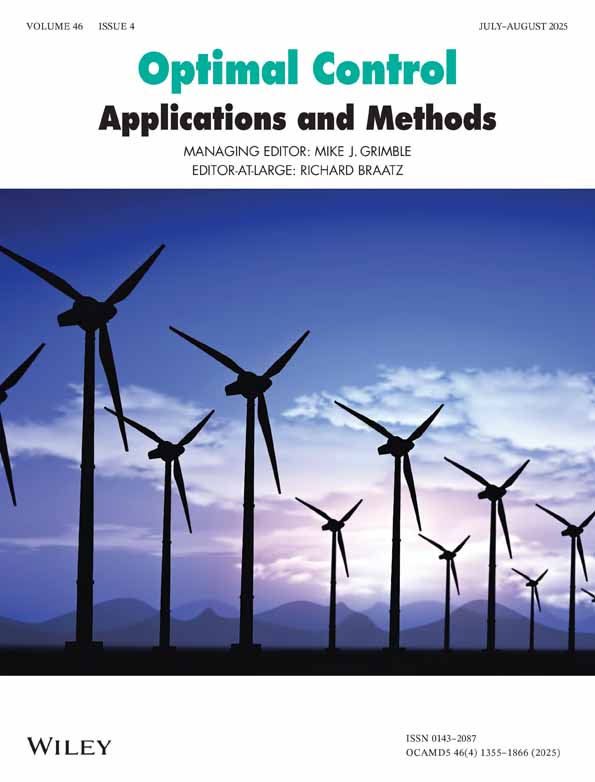Innovative Strategies for Renewable Energy Integration and Smart Grid Power Management
Funding: The authors received no specific funding for this work.
ABSTRACT
The integration of Photovoltaic (PV) with Doubly Fed Induction Generator (DFIG) wind energy sources into smart grid systems presents significant challenges in efficient energy management and control. This study proposes a novel energy management strategy and advanced control framework specifically designed for a PV-DFIG based smart grid system. A high gain hybrid Boost (HG-HB) converter is designed to enhance the PV system integration, thereby generating improved voltage conversion efficiency with reduced power losses. Additionally, a novel Chimp optimization-Radial Basis Function Neural Network (CO-RBFNN) based Maximum Power Point Tracking (MPPT) technique is introduced, ensuring highly accurate tracking of maximum power under varying environmental conditions. The battery state of charge (SOC) is monitored using a Recurrent Neural Network (RNN) for enhanced battery performance. A superior system performance is achieved by the continuous monitoring and optimization of PV, DC link, battery, and grid parameters through an Internet of Things (IoT) enabled platform. The proposed approach is validated through Matlab simulations and experimental analysis, demonstrating a voltage conversion efficiency of 95.1%, tracking efficiency of 97.56%, and reduced SOC error. The renewable energy integration is significantly advanced by this study within smart grid environments, thereby addressing reliability challenges and critical performance.
Conflicts of Interest
The authors declare no conflicts of interest.
Open Research
Data Availability Statement
The data that support the findings of this study are available from the corresponding author upon reasonable request.




